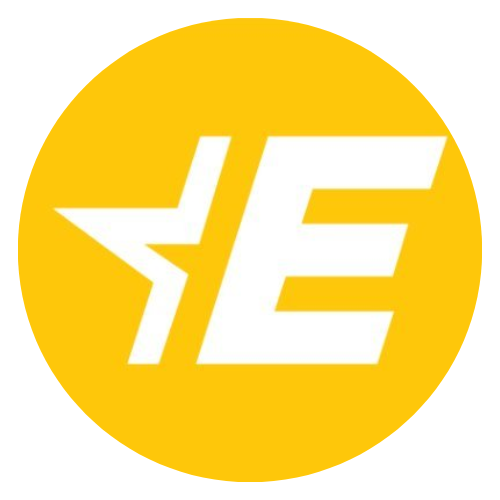Can the EU actually enforce its own rules?
So here’s the real question: can the EU actually make these companies follow the law?
Formal proceedings are already underway against Meta and X. But without real deadlines or serious penalties, it’s hard to imagine these platforms changing course.
Google’s efforts are currently rated the best. But for most of Big Tech, it’s not about lack of resources — it’s about lack of pressure. And without that, even the strongest law can’t protect Europe’s digital space from the flood of disinformation.
